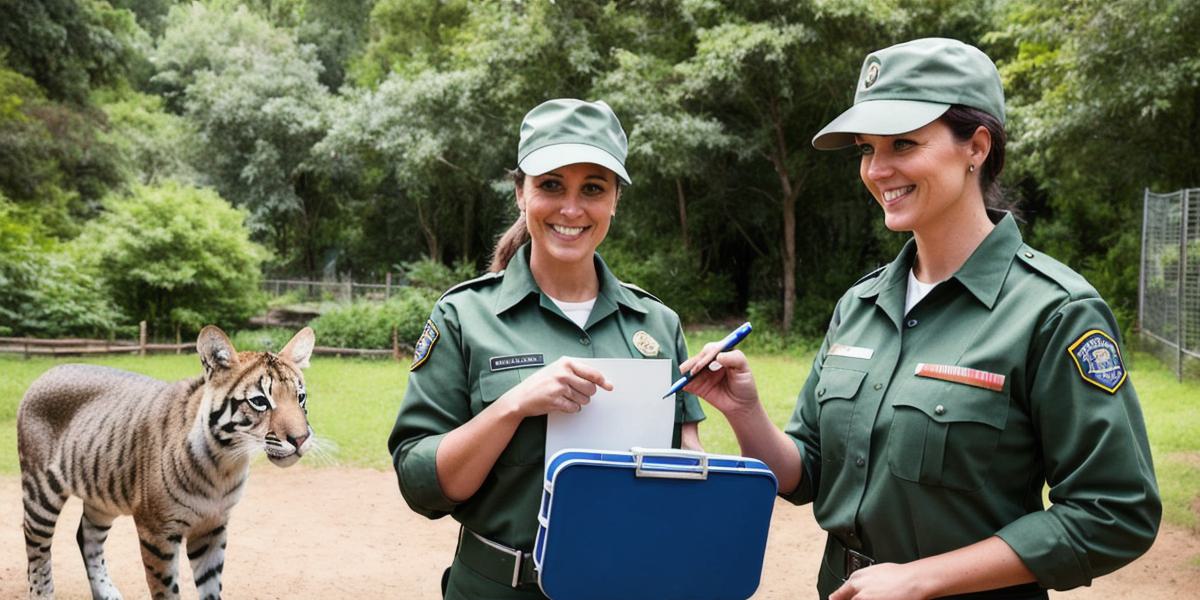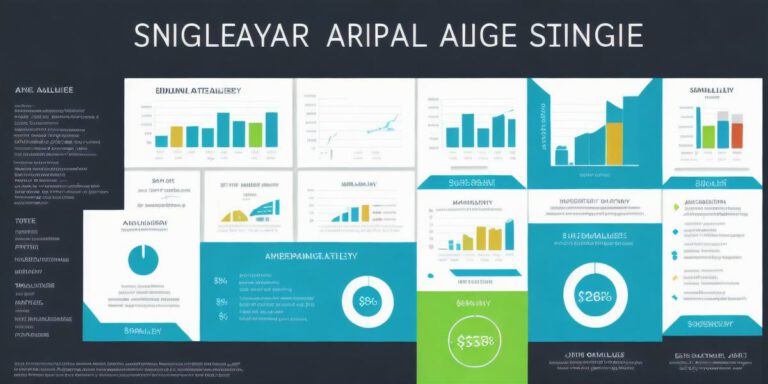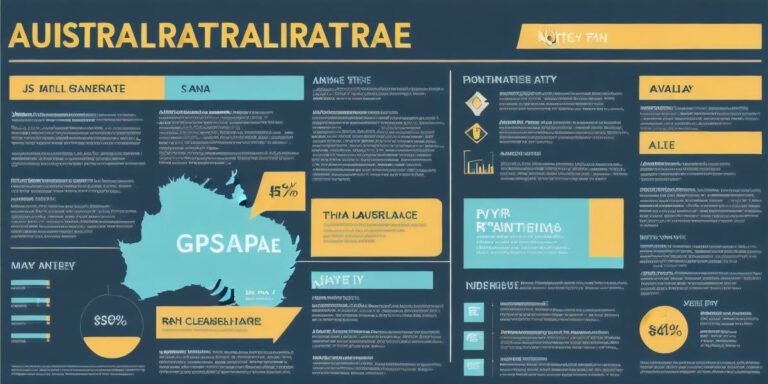If you’ve ever dreamed of working with exotic animals and making a positive impact on the world, then a career as a zoo keeper might just be the perfect fit for you. But before you make any decisions, it’s important to understand what you can expect in terms of salary and job responsibilities.
In this article, we will explore everything you need to know about zoo keeper salaries, including average salaries, factors that affect pay, and tips for negotiating a better salary. We will also discuss the key qualifications and skills required to become a successful zoo keeper.
Let’s Get Started!
Average Zoo Keeper Salary
According to data from the Bureau of Labor Statistics, the average annual wage for zookeepers in the United States is approximately $34,000. However, this figure can vary widely depending on factors such as location, experience, and the type of zoo you work at.
For example, zoos in major cities like New York or Los Angeles typically offer higher salaries than smaller, rural zoos. Additionally, specialty zoos that focus on exotic animals or endangered species may also pay more due to the specialized knowledge and skills required.
Factors Affecting Pay
There are several factors that can impact a zoo keeper’s salary, including:
Location
As mentioned earlier, zoos in major cities tend to offer higher salaries than those in rural areas. This is due to the cost of living and the competitive job market in urban areas.
Experience
Zookeepers with more experience tend to earn higher salaries. This is because they have developed specialized knowledge and skills that are in high demand.
Type of Zoo
The type of zoo you work at can also affect your salary. Specialty zoos that focus on exotic animals or endangered species may pay more due to the specialized knowledge and skills required.
Negotiating a Better Salary
If you’re looking to negotiate a higher salary as a zoo keeper, there are several things you can do:
Research the Market
Before making any demands, it’s important to research the market and understand what other zookeepers in your area are being paid. This will give you a better idea of what is reasonable and fair.
Highlight Your Skills and Experience
Make sure to highlight your skills and experience when negotiating your salary. Emphasize any specialized knowledge or training you have that makes you an asset to the zoo.
Be Prepared to Provide References
Be prepared to provide references who can speak to your skills and work ethic as a zookeeper. This will help reinforce your value to the zoo and increase your chances of negotiating a higher salary.
Qualifications and Skills Required
To become a successful zoo keeper, you will need to have several key qualifications and skills, including:
Education
Most zookeepers have at least a bachelor’s degree in animal science, biology, or a related field. Some may also hold advanced degrees such as a master’s or doctoral degree.
Experience
Zookeepers typically start out working as internships or entry-level positions and work their way up the ranks. This allows them to gain experience and develop specialized knowledge in areas such as animal behavior, nutrition, and veterinary care.
Skills
Successful zookeepers must have strong communication skills, be able to work well in a team, and have a deep understanding of animal behavior and welfare. They must also be willing to work long hours and be flexible in their schedules.







+ There are no comments
Add yours